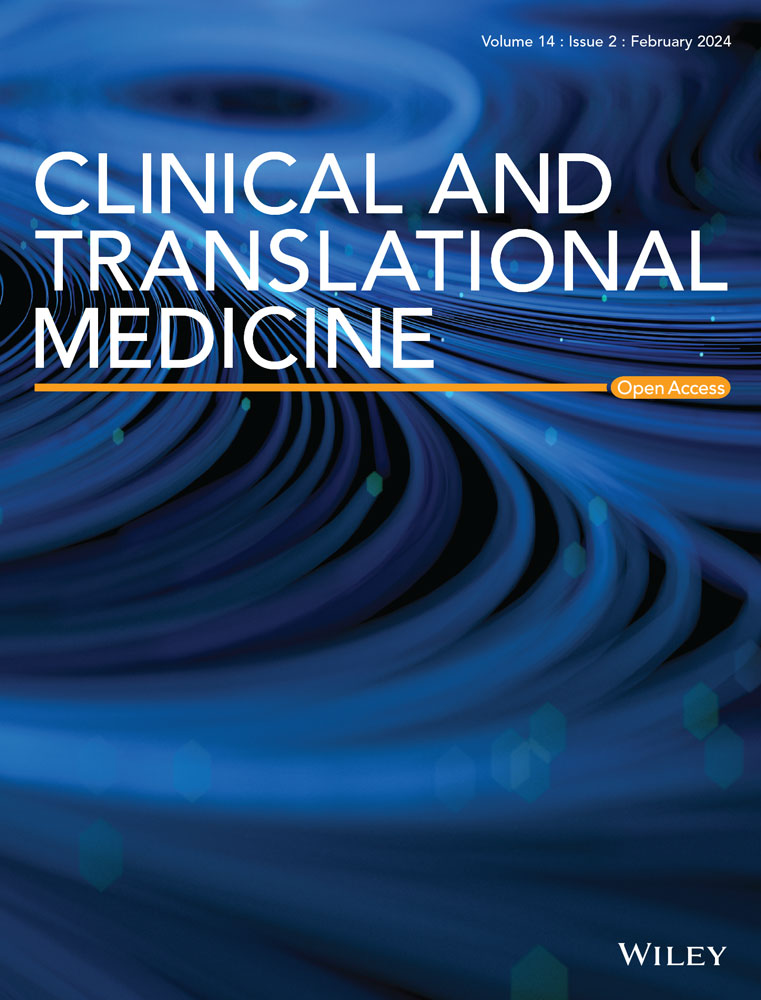Id2 exacerbates the development of rheumatoid arthritis by increasing IFN-γ production in CD4+ T cells
Abstract
Purpose
This research investigates the role of inhibitor of differentiation 2 (Id2) in the synthesis of pro-inflammatory cytokines, specifically interferon-γ (IFN-γ) and interleukin-17 (IL-17), by various subsets of T cells, and its pathogenic role in rheumatoid arthritis (RA).
Methods
Flow cytometry was employed to assess T-cell activation and Id2 expression in 72 RA patients and 23 healthy controls. In vitro, peripheral blood mononuclear cells were treated with either an Id2 inhibitor or a T-cell co-stimulation inhibitor. An in vivo collagen-induced arthritis (CIA) model was established using T-cell-specific Id2 knockout mice. Additionally, follow-up observations were conducted among treated RA patients.
Results
T-cell activation levels in RA synovial fluid were significantly elevated. A positive correlation was found between increased IFN-γ and Id2 expression. In vitro, antagonising Id2 reduced IFN-γ production after T-cell activation. T-cell-specific Id2 knockout mice exhibited a diminished occurrence and severity of CIA, along with a significant decrease in IFN-γ expression. Clinical monitoring indicated that Id2-induced circulating T-cell IFN-γ expression significantly decreased following treatment with the T-cell activation inhibitor abatacept.
Conclusion
The data suggest that high Id2 expression is a critical regulator of pro-inflammatory cytokine upregulation, particularly IFN-γ, by hyperactivated T cells in RA, potentially exacerbating the disease. Inhibiting Id2 expression or function may offer new therapeutic approaches for RA joint inflammation.
Key points
-
Pro-inflammatory cytokines are significantly upregulated in the synovial fluid T cells in rheumatoid arthritis patients.
-
The expression of pro-inflammatory cytokine interferon-γ (IFN-γ) positively correlates with the high expression of inhibitor of differentiation 2 (Id2).
-
The inhibition or ablation of Id2 can effectively suppress IFN-γ production and the onset and progression of arthritis.


 求助内容:
求助内容: 应助结果提醒方式:
应助结果提醒方式:


